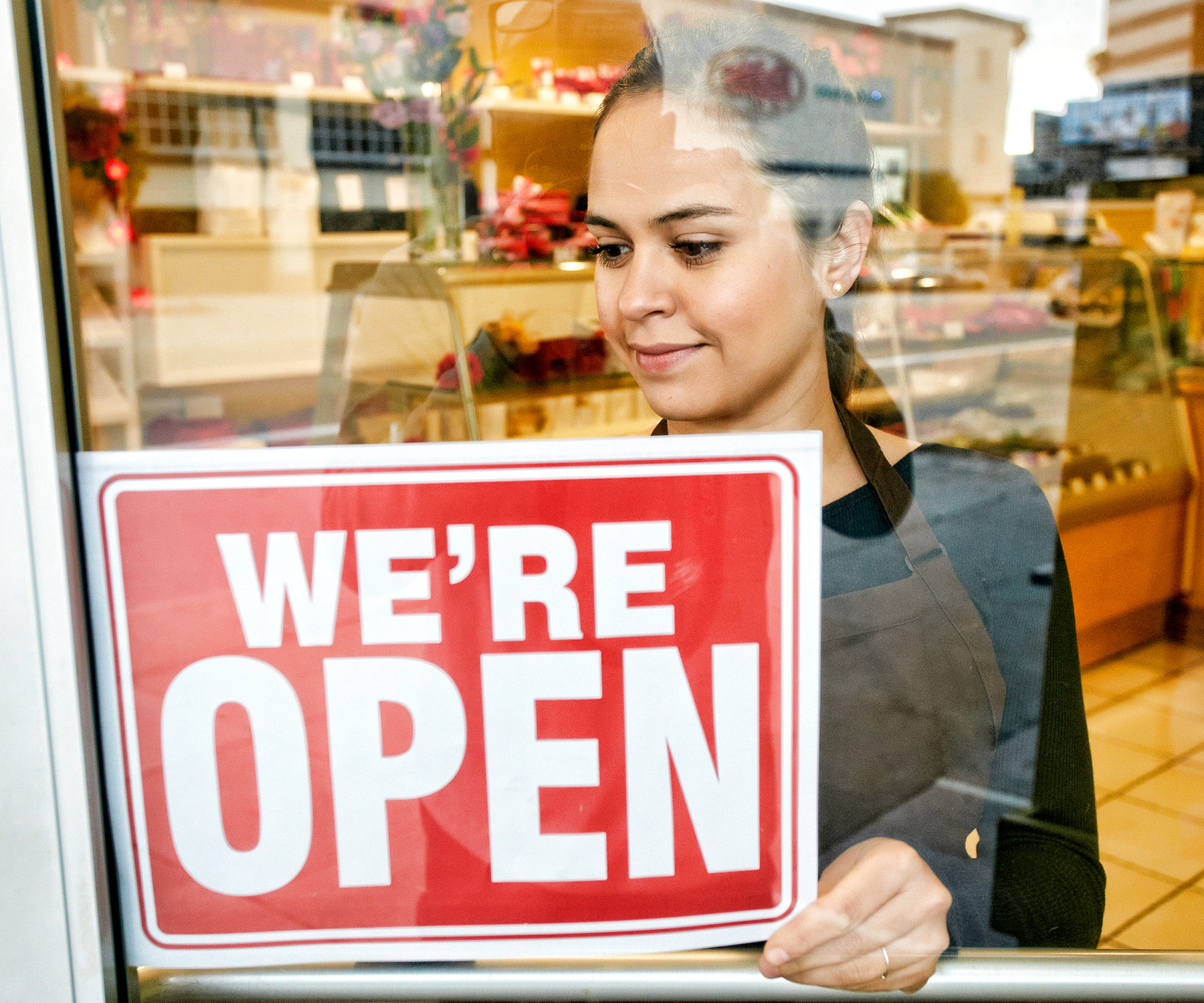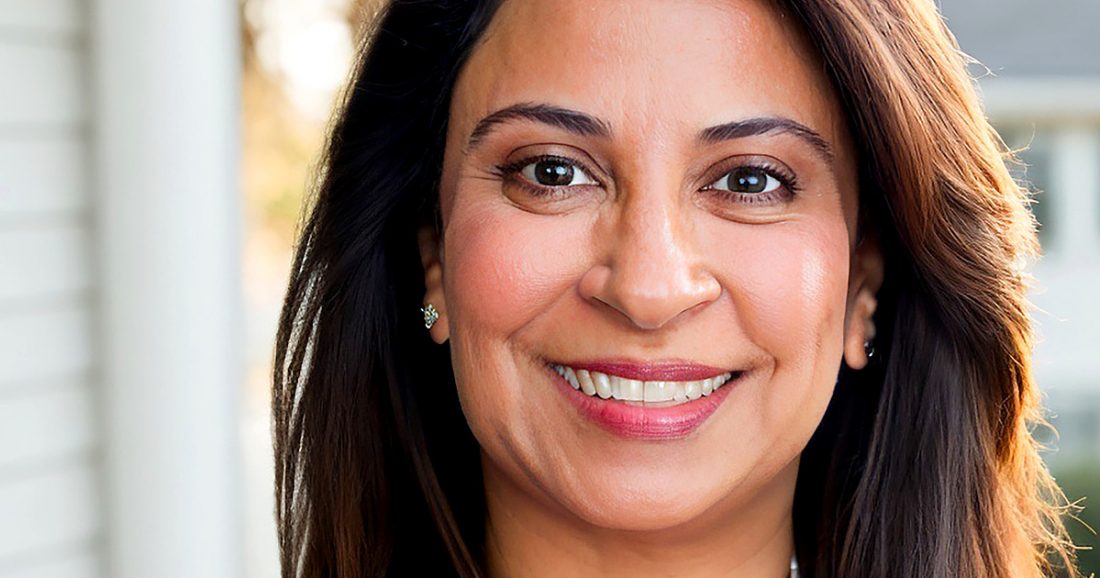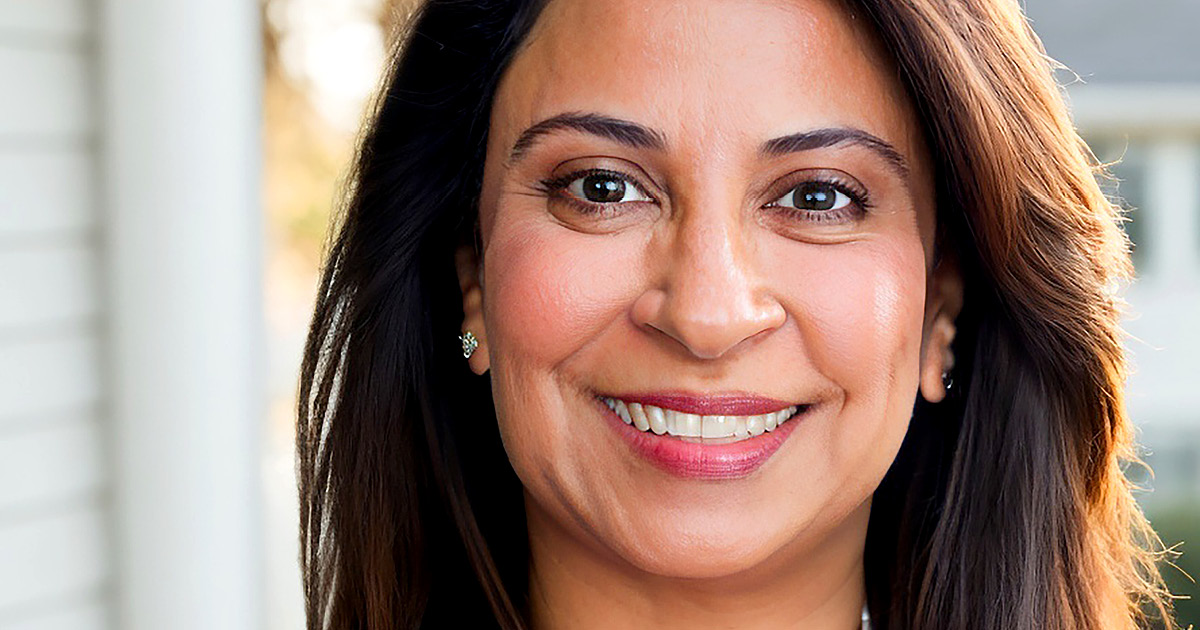There are several misconceptions about economic development, according to Gurbax Sahota. First and foremost? That economic development is only about jobs.
“It certainly helps job creation and job attraction, but at the end of the day, the business creates the job,” the CEO and President of the California Association for Local Economic Development (CALED) tells The CEO Magazine.
Granted, an economic developer may have been working behind the scenes to create a policy that has helped the business thrive and therefore created jobs. But it’s nowhere near the only metric used to measure success in the sector.
“It could be how many room nights you have in a hotel because we’re trying to increase tourism or what we’ve done to lift depressed wages,” Sahota explains.

“Our mission is to help economic developers provide quality services to their communities and their business clients.”
The other big misconception, particularly in CALED’s home state, California, is that economic development comes at the expense of affordable housing.
“In the policy sphere here in California, there’s this conversation about how you can either help economic development or you can help housing, but the reality is you need both, and they work together,” Sahota says.
Because to fund affordable housing and support the workforce, a strong economy is essential.
Much of CALED’s work is to spread the message about what economic development actually is: “The creation of wealth through which community benefits are realized,” Sahota explains.
Full circle
This year, CALED is celebrating its 45th anniversary after being founded in 1980 on the back of a napkin to support people with the professional title of economic developer. As the profession has grown, so has the organization: from its original circle of fewer than 25 people, it’s now one of the largest economic development associations in the country, with over 950 members.
“Our mission is to help economic developers provide quality services to their communities and their business clients,” she says.
It’s a simple mission, but it gets broad when you think of all the areas that economic development touches; along with business growth, workforce development and housing, others include community development, industry diversification, infrastructure and transportation and sustainable development.
Experience to the table
With a lot more people talking about the economy and affordability and what needs to be fixed, particularly since the COVID-19 pandemic, Sahota says it’s more crucial than ever to understand the role and expertise of economic developers and the key distinction that sets them apart: a depth of practical knowledge.
“Since the pandemic, there’s been this attitude that economic development is important, but people want to do it their way, which has created a separation,” she says.

“An economic developer can evaluate opportunities and proposals as they arrive, and they also understand what the competitive advantages and disadvantages are.”
It’s one thing to talk about economic development, she says, “but you need to know how to do it.”
“An economic developer can evaluate opportunities and proposals as they arrive, and they also understand what the competitive advantages and disadvantages are,” she points out.
Additionally, economic development touches on multiple sectors – education, workforce training and small business support are just some examples Sahota gives – many of which are controlled by separate organizations. An experienced economic developer understands how to navigate these forces, coordinate efforts and align goals to ensure all stakeholders work together effectively.
Making a difference
That depth of knowledge is achieved through boots on the ground, offering a qualitative understanding to complement data-driven quantitative insights.
“There’s an information piece that economic developers bring to the table that isn’t captured by data,” Sahota says. “That’s critical when you’re talking about what’s next for the economy.”
Where else do economic developers make a difference? In how they listen to businesses and their challenges and help navigate them where possible.
“One of the biggest challenges right now is to get power to new sites,” she says. “But sometimes it’s an easier challenge, such as someone having trouble hiring welders.”

“It’s about what we want our community to look like in the future.”
Whatever it is, the theme is the same: “They’re talking to these folks every day trying to help them thrive,” Sahota says.
And that’s what it boils down to.
“Economic development is about help. People also lose sight of that. It’s all based on a hope of a better future,” she explains.
“It’s not necessarily just about what’s happening now and how we want our community to look like now. It’s about what we want our community to look like in the future. It’s always about the hope of a better future.”




